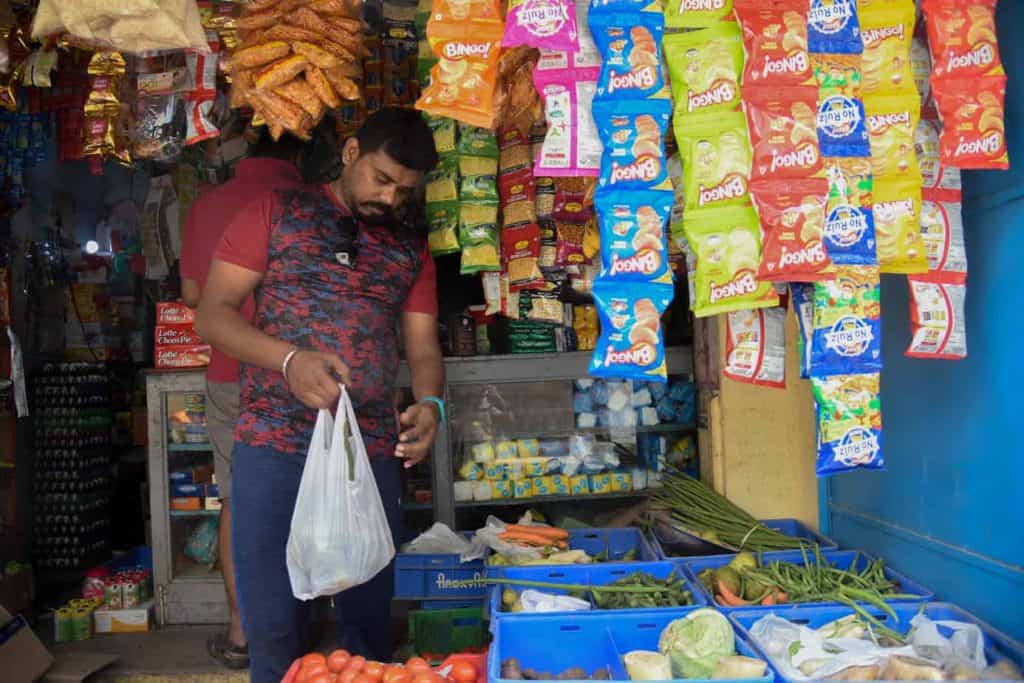While it feels like everything in the past two years has been overshadowed by the spectre of the COVID-19 pandemic, as a city we need to look at our shortcomings and resolve to pull up our socks in the new year. So here’s CAG’s wishlist for Chennai for 2022.
Managing the city’s water and water bodies
Many moons ago, Rainwater Harvesting (RWH) was made mandatory and for a while it was implemented well. Chennai reaped the rewards of this effort. Since then though, we have let it slide and are again facing grave water shortage. Widespread and proper implementation of RWH will be crucial to our water reserves.
Efforts date back to decades of plans and schemes, yet our rivers, canals and eris continue to be sewage and plastic-filled. Not to mention the continued encroachment of water bodies. All of this is impacting the health of Chennai citizens, and of course increasing the risk of severe flooding. We need to come down hard on encroachments, protect our natural resources and change how we approach waste management.
Read more: Zero-waste packaging: Help CAG build a list of shops that avoid plastic
Pollution and sewage management
As Chennai grows, so does the waste it produces. Our sewage treatment plants cannot handle this load and in the long term, STPs are not a sustainable option. There are decentralised/localised sewage treatment options that allow recovery of waste water. These need to be incorporated – both by retrofitting existing systems and in new constructions.
Tamil Nadu took a step forward in 2019 by banning single use plastic. Sadly, this remains, largely, a paper tiger. Effective implementation and enforcement of the ban is crucial and this cannot be done in an ad hoc manner; it must be a sustained effort. Alongside, we need alternative packaging options to be promoted, an ecosystem developed for them to thrive. We have traditionally had several other packaging options which are slowly dying out. Time to revive these is now.

Legally, we are required to segregate waste at source but hardly anyone does so. Source segregation, in situ composting (at the household or community level), and recycling must become the norm. This will require a huge (and again sustained) effort by the government and a mindset change from citizens.
Road safety and sustainable mobility
Recent amendments to the law have increased penalties for violation of road rules, to promote better compliance and reduction in crashes and deaths. This is meant to be a deterrent to poor road user behaviour. Implementation and enforcement of this is still lagging in Tamil Nadu. Let 2022 be the year we work harder to bring down fatalities and injuries on the road and get closer to Vision Zero (i.e zero deaths).
Walking and cycling are widely recognised as the most sustainable, healthy and equitable modes of transport. Yet pedestrians and cyclists are treated as second class citizens in our cities – be it by those who plan our cities or those who use the roads.
Along with walking and cycling, public transport (bus, train, share autos) is the other sustainable mode of travel albeit with a slightly bigger carbon footprint. Chennai has an enviable set of public transit options with suburban trains, metro, buses and shared autos but we have been neglecting these. The key areas to focus on over the coming year would be first and last mile connectivity, integration of mobility systems, disincentivization of private vehicles through higher taxes and expensive parking options, and improved user experience across public transit, especially for the elderly and the differently-abled.
Read more: How can Chennai’s third master plan encourage sustainable transport?
Electricity governance
Tamil Nadu Generation and Distribution Corporation Limited (TANGEDCO) accumulated a debt of INR 1,01,173 crore by FY 2019-20. High cost of energy supply, high Aggregate Technical and Commercial (AT&C) losses, and inability of cost recovery through its billing, have been highlighted as the few main causes of rising debt.
Central concerns also include the utility’s lack of information disclosure, especially, delay in disclosure of financial status and data. One of the ways to communicate financial performance is through filing of Aggregate Revenue Requirement (ARR) in the tariff orders, every year. Tamil Nadu remains the only state that did not file an ARR in the last three financial years. Annual filing of ARR and communication of data to stakeholders is one of the key factors that can contribute to TANGEDCO’s financial turnaround. Enhanced information disclosure can in turn encourage consumer participation and improve electricity governance.
Across the board, it would be wonderful to see greater transparency, accountability and citizen engagement in the functioning of this city of ours.
Beautiful wishlist for Chennai, however the first problem that is in the hands of citizens is to segregate the wet / dry waste. This can definitely been done without looking for any government support. Like in Bangalore chennaities should follow the 2bin 1 bag method for trash management.
Segregation at every household will minimize the amount of trash/ land needed for throwing trash.
The returns will be good health for citizens and relatively clean city with clog free sewage/ storm drains.
I wish citizens will read this and hope at least a few who read my comment would do for a cleaner Chennai .
you are living a wonderful life with your family, and you can advice others, but all the people in the country are not like you, if you try to make people around the country, they will think about what you preach here, i am a disciplined guy, what you say and i have own intention to follow at extent, but people in the society not experience the benefits say wages/lifestyle, as like you and me. that has to be improved,